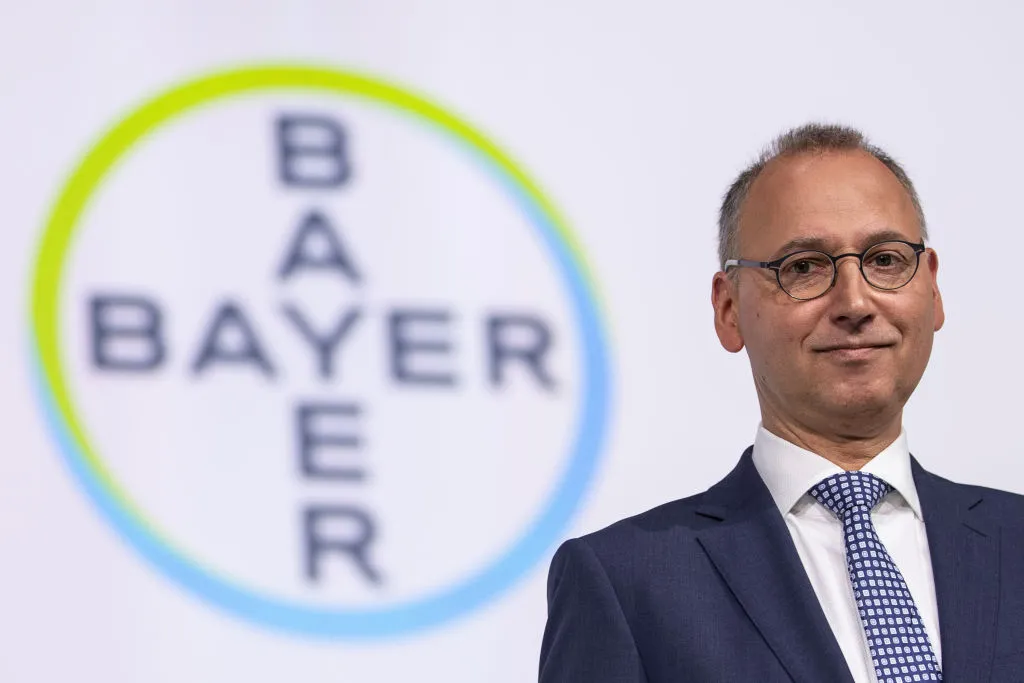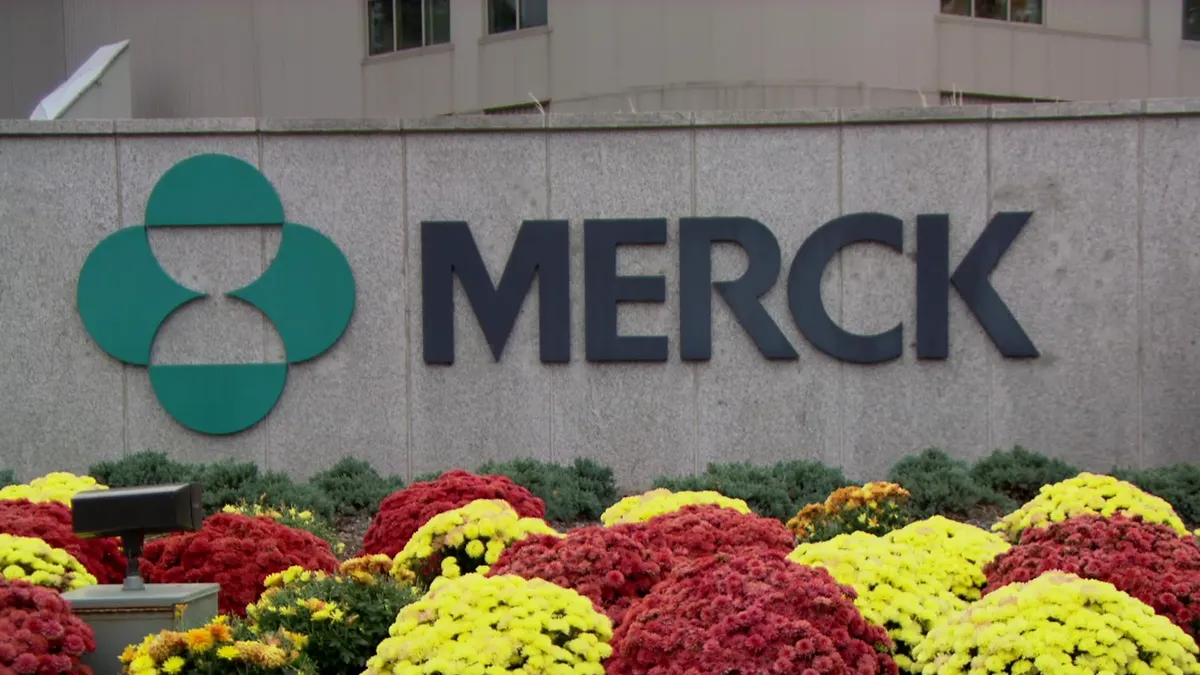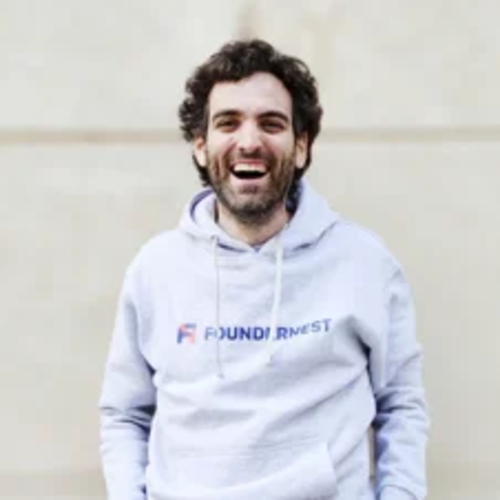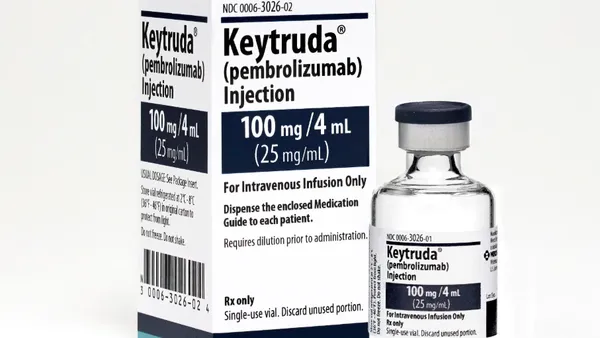Many of this year’s biopharma M&A deals look promising, including blockbuster match-ups like Pfizer’s $43 billion deal to acquire Seagen to bolster its cancer pipeline, and Merck & Co.’s $10.8 billion acquisition of Prometheus, which could buoy revenue ahead of expected patent losses in years to come.
But trying to predict whether an acquisition will lead to a healthy pairing or fall short is difficult. Over the years, the world of pharma and biotech M&A has resulted in many hits and misses — and only with the benefit of hindsight does success or failure become clear.
“[T]here are always a lot of unknowns and scenarios that can only play out over time,” said Daniel Chancellor, director of thought leadership at Citeline. “Most deals are for companies with assets that are still being developed, and so this carries clinical and regulatory risk.”
Due to the nature of the industry, the complexity of a deal sometimes hides how synergistic the two parties can be. For instance, Merck’s 2009 merger with Schering-Plough eventually yielded the blockbuster Keytruda, which Chancellor called “a jewel in the early pipeline.”
“Some of the most successful M&A [deals] created the majority of their value through serendipity rather than judgment,” Chancellor said.
Here are some of those M&A hits and misses in the world of pharma and biotech.
Miss: Bayer/Monsanto, 2018
Why it was trouble: "Today is a great day,” Werner Baumann, then CEO and chairman of the Bayer board of management, said in a company announcement of the German healthcare company’s acquisition of agriculture juggernaut Monsanto in June 2018. Just over a year later, though, The Wall Street Journal called the $63 billion acquisition “one of the worst corporate deals in recent memory.” Now, more than five years later, Bayer is facing calls for a breakup of the company.
Despite Bayer’s initial optimism, Monsanto had been plagued by problems for years, and those woes have haunted Bayer since the deal closed. Ditching the Monsanto name didn’t help. Less than two weeks ago, a jury ordered Bayer to pay $165 million to employees of a Washington State school over claims that Monsanto chemicals leaked from light fixtures and made them sick. That, combined with the news that Bayer is stopping a phase 3 study of the blood thinner asundexian due to a lack of efficacy, sent shares tumbling, shedding $8.3 billion in market value.
That’s just the latest in Bayer’s acquired agrochemical legal woes, which have included accusations of knowingly polluting water with mercury and polychlorinated biphenyl compounds, as well as the well-known allegations of its weedkiller, Roundup, causing cancer, and claims from farmers that drifting Monsanto chemicals decimated their crops. As a result, Bayer has found itself on the hook for billions of dollars from tens of thousands of lawsuits, including more than $10 billion in settlements paid in 2020.

Hit: Bristol Myers Squibb/Celgene, 2019
Why it worked: The $74 billion megadeal combined two biopharma “powerhouses” in 2019 and, despite a few setbacks, led to nine new product launches between 2020 and 2022, Catherine Owen, Bristol Myers Squibb’ then-senior vice president of major markets, told PharmaVoice last year. Among those new product launches were two CAR-T cell therapies: Breyanzi for B cell lymphoma, and Abecma, which is the first CAR-T approved for multiple myeloma.
“What analysts and shareholders are looking for is: Did the deal deliver what it promised?” Owen said when reflecting on the Celgene merger. “We promised a focus on transformative innovation and on launching medicines in areas of high unmet need. And I think we’ve delivered on that.”
That’s not to say there haven’t been setbacks around BMS’ new products. The company recently adjusted its $10 billion revenue target from its new product portfolio by 2025, pushing the timeline a year later. BMS also saw dropping revenue in the third quarter this year, primarily from lower sales of the Celgene drug Revlimid thanks to generic erosion and the number of patients receiving the drug for free from the Bristol Myers Squibb Patient Assistance Foundation.
Still, the company said worldwide revenues generated from the new product portfolio increased to $928 million compared to $553 million the year before, for growth of 68%.
Miss: Johnson & Johnson/Actelion, 2017
Why it was trouble: Johnson & Johnson acquired Actelion for $30 billion in 2017, adding a new therapeutic area — pulmonary arterial hypertension — to its pharma business in the process. But by 2018, the deal had already begun to sour.
First, in April 2018, the company halted development of Actelion’s antibiotic cadazolid, which was being developed in a phase 3 program for clostridium difficile-associated diarrhea. Then, just months later in December, Actelion agreed to pay $360 million to resolve kickback claims. The company reportedly violated the False Claims Act by illegally using a foundation “as a conduit to pay the copays of thousands of Medicare patients taking Actelion’s pulmonary arterial hypertension drugs,” according to the U.S. Department of Justice.
Another asset J&J acquired from Actelion, the multiple sclerosis drug Ponvory, gained regulatory approval in 2021 but was late to the market, and the company hasn’t released direct sales figures for it.
Hit: Roche/Genentech, 2009
Why it worked: Roche was already an investor in Genentech when the Swiss pharma giant acquired the rest of the company in 2009 for $47 billion. In doing so, Roche gained control of blockbuster drugs for cancer and wet age-related macular degeneration.
Although early worries that Roche would change the California culture and direction of the biotech pioneer, Genentech “continues to embrace the spirit of a ‘startup’ and operates as a separate business unit within Roche,” the company said.
From Roche’s perspective, Genentech brought innovation and a strong, money-making portfolio. According to an analysis by Trefis, just four Genentech drugs — Avastin, Rituxan, Herceptin and Lucentis — made $21.1 billion in 2018 alone, compared to $46.8 billion that Roche put forth for the entire deal. Although some of those drugs have since lost market exclusivity, Genentech has added more drugs to the roster, including its new billion-dollar blockbuster Vabysmo.









